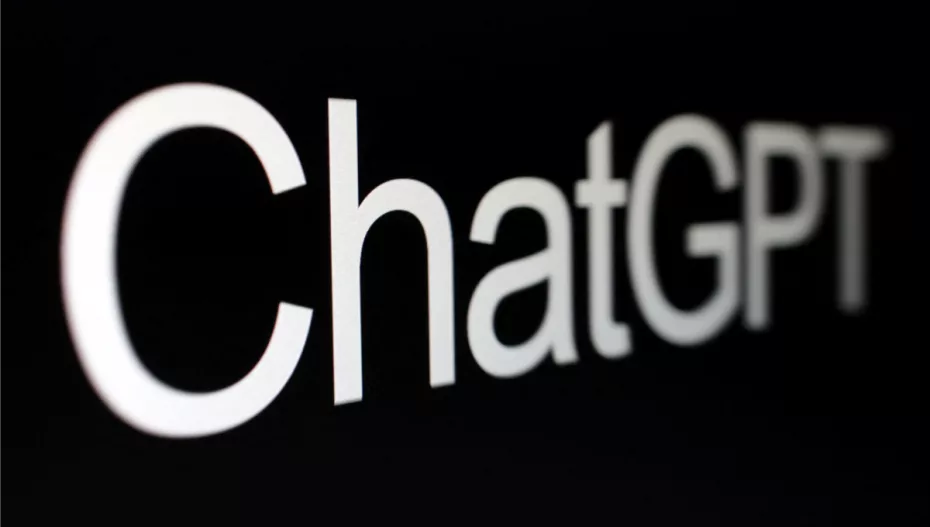A salesman in Rochester, New York, Brett Schickler never imagined he could be a published author, though he did dream about it. But after learning about the ChatGPT artificial intelligence program, Schickler figured an opportunity had landed in his lap.
“It finally seemed possible,” shared Schickler. Using the AI software, which can generate blocks of text from simple prompts, Schickler created a 30-page illustrated children’s e-book in a matter of hours, offering it for sale in January through Amazon.com Inc’s self-publishing unit.
In the edition, Sammy the Squirrel, crudely rendered using AI, learns from his forest friends about saving money after happening upon a gold coin. He crafts an acorn-shaped piggy bank, invests in an acorn trading business and hopes to one day buy an acorn grinding stone.
Sammy becomes the wealthiest squirrel in the forest, the envy of his friends and “the forest started prospering,” according to the book. “The Wise Little Squirrel: A Tale of Saving and Investing,” is available on Amazon Kindle store for $2.99 – or $9.99 for a printed version – has netted Schickler less than $100, he said. While that may not sound like much, it is enough to inspire him to compose other books using the software.
“I could see people making a whole career out of this,” said Schickler, who used prompts on ChatGPT like “write a story about a dad teaching his son about financial literacy.”
Schickler is on the leading edge of a movement testing the promise and limitations of ChatGPT, which debuted in November and has sent shock waves through Silicon Valley and beyond for its uncanny ability to create cogent blocks of text instantly.
There were over 200 e-books in Amazon’s Kindle store as of mid-February listing ChatGPT as an author or co-author, including “How to Write and Create Content Using ChatGPT,” “The Power of Homework” and the poetry collection “Echoes of the Universe.”
The number is rising daily. There is even a new sub-genre on Amazon: Books about using ChatGPT, written entirely by ChatGPT.
But due to the nature of ChatGPT and many authors’ failure to disclose they have used it, it is nearly impossible to get a full accounting of how many e-books may be written by AI.
The software’s emergence has already ruffled some of the biggest technology firms, prompting Alphabet Inc and Microsoft Corp to hastily debut new functions in Google and Bing, respectively, that incorporate AI.
“This is something we really need to be worried about, these books will flood the market and a lot of authors are going to be out of work,” said Mary Rasenberger, executive director of writers’ group the Authors Guild. Ghostwriting – by humans – has a long tradition, she said, but the ability to automate through AI could turn book writing from a craft into a commodity.
“There needs to be transparency from the authors and the platforms about how these books are created or you’re going to end up with a lot of low-quality books,” she said.
One author, who goes by Frank White, showed in a YouTube video how in less than a day he created a 119-page novella called “Galactic Pimp: Vol. 1″about alien factions in a far-off galaxy warring over a human-staffed brothel. The book can be had for just $1 on Amazon’s Kindle e-book store. In the video, White says anyone with the wherewithal and time could create 300 such books a year, all using AI.
Many authors, like White, feel no duty to disclose in the Kindle store that their great American novel was written wholesale by a computer, in part because Amazon’s policies do not require it.
Also Read: Vejalpur Law Student Crosses Legal Line, Fakes PSI Letter Of Appointment









